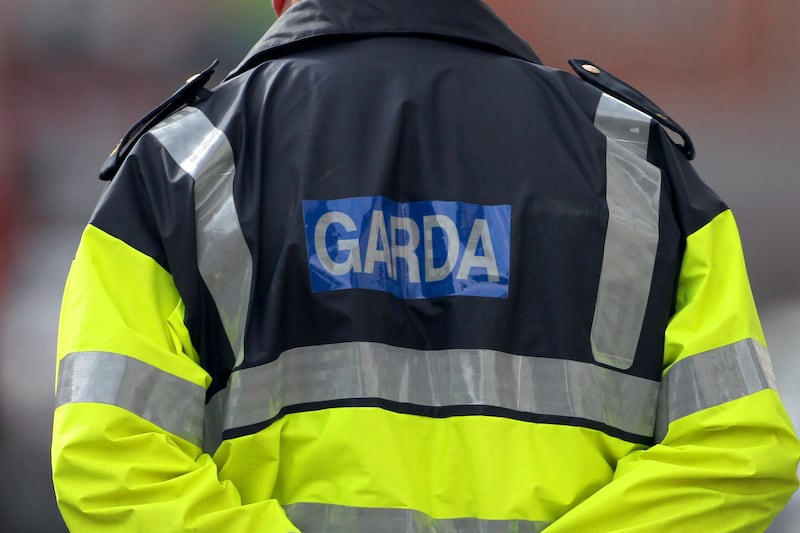The use of body-worn cameras by gardai has the potential to transform policing in Ireland, a senior officer has said.
Chief superintendent Derek Smart was commenting as the Garda commenced a public procurement process for the cameras.
It is intended that a live operational pilot of the body-worn cameras (BWC) will start in mid-2024, with a full rollout of the devices in 2025.
Gardai have confirmed that the small lightweight cameras worn by Garda members will not be recording all the time, and will instead be turned on when they are dealing with incidents.

The cameras record footage to their own internal encrypted storage – that is then uploaded when a garda docks his or her camera back at the station.
Footage can be used as evidence at court or be deleted after an agreed time period if it serves no evidential purpose.
Mr Smart said: “Body-worn cameras have the potential to transform policing. They provide a safeguard, not just to gardai, but to the public and to the people we interact with on a daily basis.
“Today is the first step in the public procurement process for one of the largest investments in technology in An Garda Siochana, an investment in the future of policing in Ireland.”
The initial procurement step saw the publication on the EU Tenders website of a Request for Information (RFI) on the cameras and associated Digital Evidence Management Systems (DEMS).
The DEMS will collect, store, manage and analyse the footage uploaded from the cameras. It will likely include a public portal to facilitate the uploading of digital images for appeals for information.
The RFI seeks to obtain information in relation to proven business and technical solutions, including lessons learned, best practices and recommendations that will assist the Garda in identifying its requirements for the cameras and DEMS.
Gardai will also examine the potential for integration with, or replacement of, its existing CCTV Video Management Systems (VMS).
Andrew O Sullivan, chief information officer for the Garda, said a modern police service must have electronic tools to be effective in keeping people safe in today’s society.
“Policing itself must continue to digitalise in order to keep people safe in a digital age,” he said.
“One of our core principles is that every decision that could impact on a person is made by accountable, identifiable Garda personnel.
“There is no question of autonomous machine decision making, ever. Today’s RFI represents another major milestone in the delivery of the Garda data and technology vision, and for public safety in Ireland.”
The Garda said it expects BWCs will reduce complaints of Garda misconduct; save time and lower costs for court preparation and appearances; improve ability to collect evidence for trial; enhance accountability; and reduce challenges around arrests.







